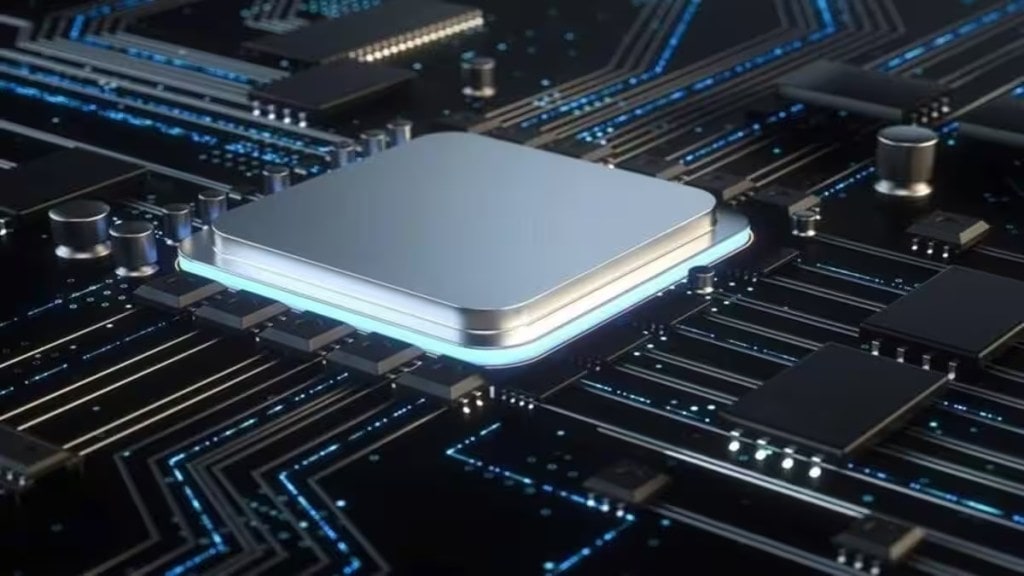The co-chairs of the EU-India Trade and Technology Council (TTC), engaged in a comprehensive review with their Indian counterparts on Friday. And discussions centered around evaluating progress under the EU-India TTC and setting the stage for the upcoming Ministerial meeting.
Executive Vice-President Valdis Dombrovskis and Vice-President Věra Jourová and Minister of External Affairs S Jaishankar, Minister for Railways, Communications, Electronics and Information Technology Ashwini Vaishnaw, and Minister of Commerce Piyush Goyal, met in New Delhi on Friday.
A Memorandum of Understanding (MoU) regarding semiconductors between the EU and India was formally signed by Thierry Breton, Commissioner for Internal Market, and Ashwini Vaishnaw, marking a significant step in fostering collaboration in the semiconductor domain.
Under the terms of the MoU, the EU and India have outlined a multifaceted approach, intending to:
Share Insights and Best Practices: The agreement emphasizes the exchange of experiences, best practices, and information related to their respective semiconductor ecosystems. This collaborative sharing aims to enhance the understanding and capabilities of both entities in the semiconductor sector.
Collaborate in Research, Development, and Innovation: Identifying areas for joint efforts in research, development, and innovation is a key aspect. The intention is to bring together universities, research organizations, and businesses from both regions to collectively contribute to advancements in semiconductor technologies.
Promote Workforce Development: Recognizing the importance of skilled professionals in the semiconductor industry, the MoU highlights efforts to promote skills, talent, and workforce development. This includes facilitating collaboration through workshops, partnerships, and promoting direct investments.
Ensure a Level Playing Field: Transparency is a cornerstone of the agreement, with a commitment to sharing information on public subsidies granted in the semiconductor sector. This ensures fairness and equal opportunities for stakeholders involved.
The co-chairs have affirmed that regular meetings will continue, with the next TTC Ministerial Meeting slated for early 2024 in India. This ongoing engagement underscores the significance of the partnership between the EU and India, with the TTC serving as a crucial platform for collaborative initiatives.
Background: Strengthening Global Digital Alliances
The EU’s partnership with India through the TTC is part of a broader strategy to establish digital alliances worldwide. Notably, the EU has entered into similar agreements with Japan, Korea, Singapore, and Canada, each focusing on various aspects of the digital landscape.
Japan: The EU-Japan partnership, initiated in May 2022, concentrates on safety and security, encompassing areas such as secure 5G, advanced technologies like “Beyond 5G”/6G, ethical AI applications, and the resilience of global semiconductor supply chains.
Korea: Launched in November 2022, the EU-Korea partnership covers cooperation in semiconductors, next-gen mobile networks, quantum computing, cybersecurity, artificial intelligence, and digital skills.
Singapore: The EU-Singapore Digital Partnership, signed on February 1, 2023, prioritizes digital transformation and skills, focusing on semiconductors, data flows, digital trust, standards, trade facilitation, and the digital transformation of businesses and public services.
Canada: The most recent addition, the EU-Canada Digital Partnership unveiled on November 24, 2023, aims to reinforce cooperation on digital issues, spanning connectivity, digital identity, AI, semiconductors, quantum technologies, cybersecurity, and research.
These partnerships collectively aim to foster a secure digital environment, set global standards, and promote collaboration in the dynamic digital landscape. Annual meetings serve as a platform for the exchange of best practices, contributing to the establishment of common goals.

